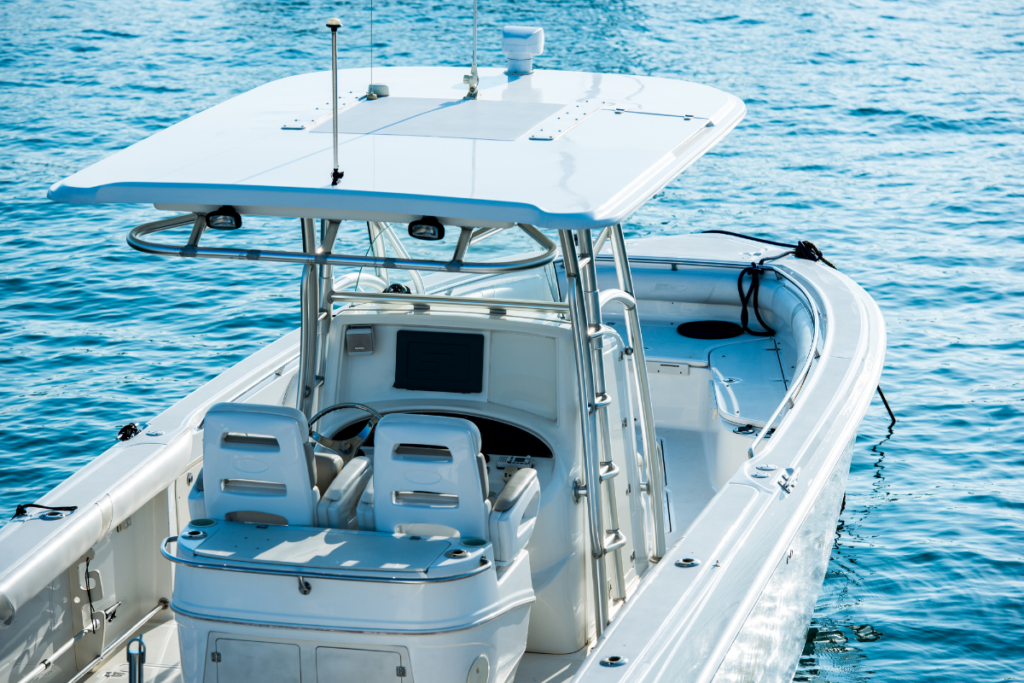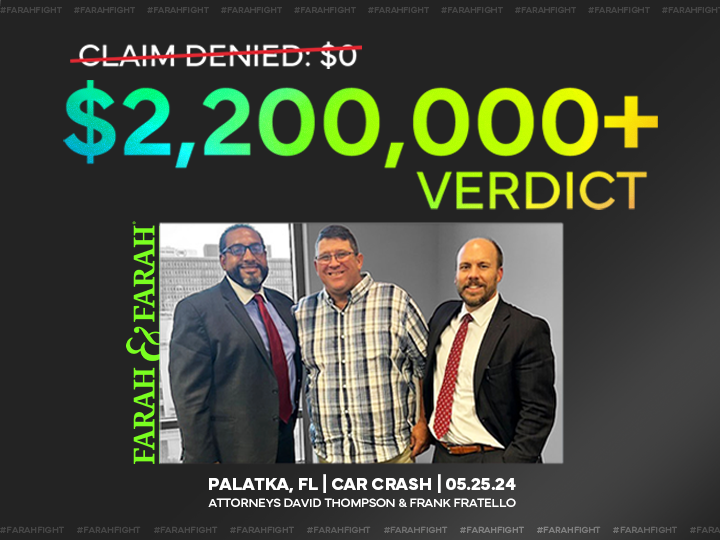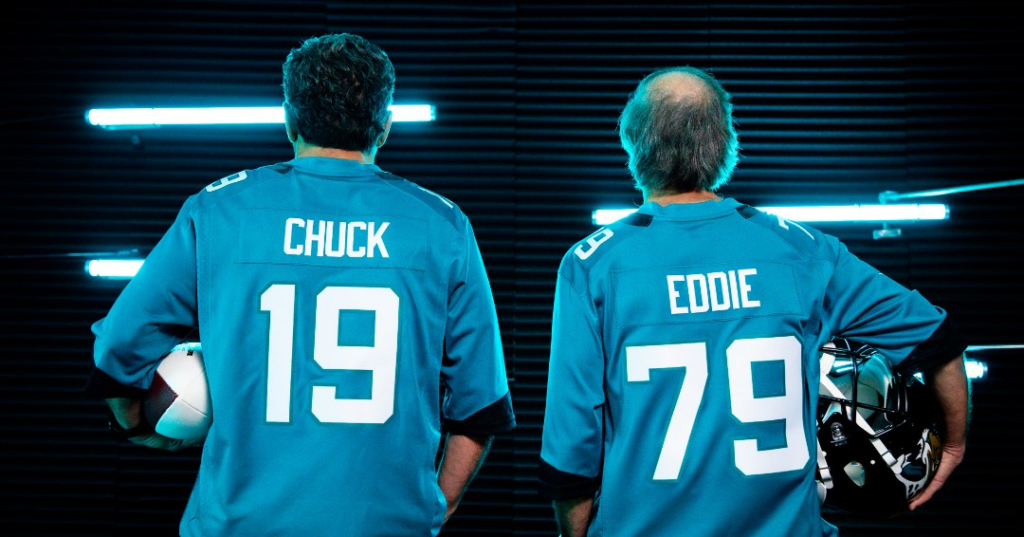Florida Boat Accident Attorneys
It happened fast and it was scary. You might still be in pain and you’re concerned – very concerned – about mounting medical bills. And about getting back to work. If the accident wasn’t your fault, you might be entitled to compensation.
Home » Florida Personal Injury Lawyers » Florida Boat Accident Attorneys
Boating accidents are serious and often result in injury or death. You can seek compensation for your hardship through a personal injury claim or lawsuit in Florida. At Farah & Farah, we guide you through the complex process of seeking justice. We’re working for you from the moment you become a client to the day you receive a check – so you can pay your bills and make everything normal again.

Maritime Lawyers
Many boat accidents result in injuries or death. Some involve recreational boats. Others involve commercial ships, collisions, drownings, intoxicated operators or speeding. Maritime accidents take many forms.
Your boating accident is unique. Thankfully, so is our approach. Whether you’re recovering from an accident or mourning the loss of a family member, you’re looking for answers. You’re also looking for justice. At Farah & Farah, we can give you both. We also help you:

- Visit a doctor who can document your injuries and provide treatment
- Receive compensation for emergency and long-term medical care
- Negotiate medical bills so you take home more money
- Recover lost wages resulting from your inability to work
- Cover funeral expenses in the event of a wrongful death
- Complete complicated paperwork from the insurance companies

free case review
Client Testimonials


YOU AND YOUR FAMILY

Injured?
Related Blogs













